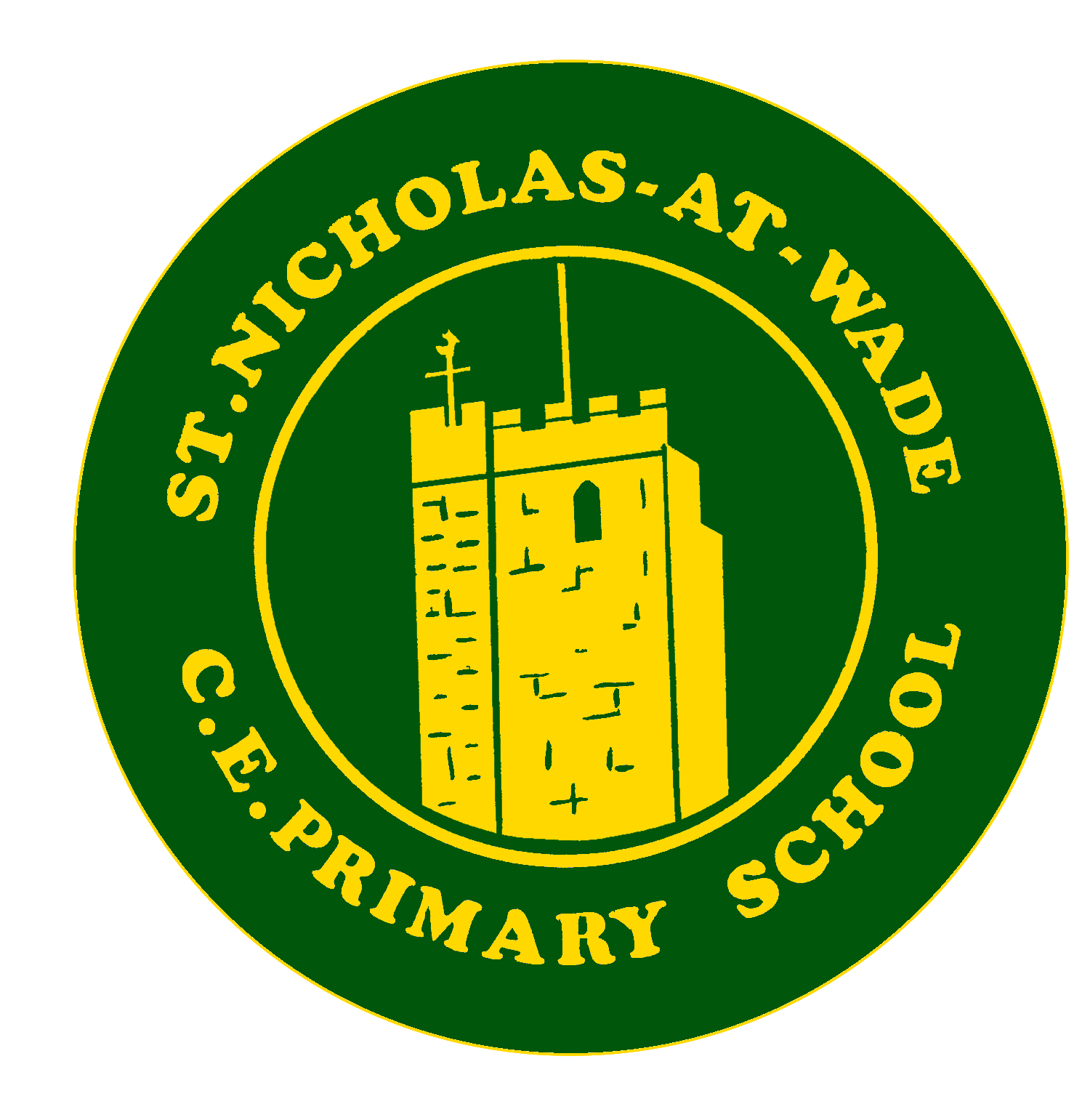Spelling
Intent
At St Nicholas at Wade, our intent for spelling education is to equip all pupils with the essential skills and confidence needed to use spelling effectively in their writing. We believe that mastery of spelling is foundational to literacy and is crucial for academic achievement and future learning. Our systematic approach ensures that pupils develop a strong grasp of phonics, spelling patterns, and etymology, fostering an understanding of words that transcends mere memorisation. We aim for all children to:
- Develop a lifelong love for language and literacy.
- Demonstrate a clear understanding of phonics and spelling rules.
- Become independent and motivated spellers who can apply their knowledge across the curriculum.
- Recognise the importance of spelling accuracy in formal and informal writing.
To achieve this, our curriculum is carefully designed to give both breadth and depth, ensuring that spelling instruction is sequential, cumulative, and tailored to individual needs.
Implementation
Our implementation of spelling education is based on evidence-based practices that engage pupils and facilitate effective learning. Key components include:
-
Structured Phonics Programme: We have adopted 'Little Wandle' a systematic, synthetic phonics programme throughout the early years and into Key Stage 1, providing a strong foundation in decoding and encoding words. This continues into KS2 where needed and in addition to other spelling teaching.
-
Spelling Shed: From Year 3 onwards, we adopt a clear spelling scheme that includes common exception words, morphological understanding, and etymological roots. This ensures that pupils not only learn to spell but also comprehend the structure and origins of words.
-
Adapted Instruction: Teaching is tailored to meet the diverse needs of learners. Regular assessment data is used to allow for targeted intervention and support.
-
Cross-Curricular Links: Spelling is taught in context, with opportunities to apply skills across various subjects, reinforcing the importance of spelling accuracy within broader learning.
-
Regular Practice and Feedback: Pupils engage in daily spelling activities, including direct instruction, independent practice, and collaborative learning. Regular assessments inform our teaching strategies, and timely feedback is given to facilitate improvement. Pink Pen (Pink to Think) is used to correct errors and give opportunity to practice the correct spelling.
-
Parental Involvement: We actively encourage parental engagement by providing resources and guidance for families to support their children's spelling at home. Workshops and information evenings are held to create a partnership in learning.
-
Inclusive Environment: We foster an inclusive classroom atmosphere where mistakes are viewed as valuable learning opportunities. Strategies are implemented to boost the confidence of all learners, including those with specific learning difficulties.
Impact
The impact of our systematic approach to spelling is evident across the school community and reflected in our pupils' achievements:
-
Progress and Attainment: We consistently see high rates of progress in spelling as demonstrated through regular assessments and summative evaluations, with the majority of pupils meeting or exceeding age-related expectations by the end of each key stage.
-
Quality of Work: Pupils’ written work across the curriculum demonstrates a high level of spelling accuracy and application of spelling rules, enhancing the overall quality and clarity of their writing.
-
Engagement and Attitude: Through our innovative and effective practices, pupils exhibit enthusiasm and confidence in their spelling abilities. They take pride in their work and are increasingly self-motivated to improve their spelling. During the writing process, time is given in the 'Edit' phase to address errors in spelling.
Our approach to spelling is rigorous and rooted in best practices, demonstrating our commitment to nurturing skilful and confident communicators in our pupils. We believe that our strategies not only improve spelling proficiency but also foster a love for language that will serve our pupils throughout their lives.
